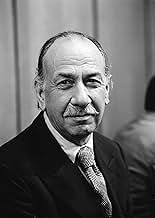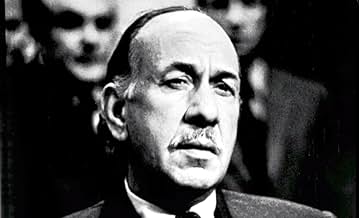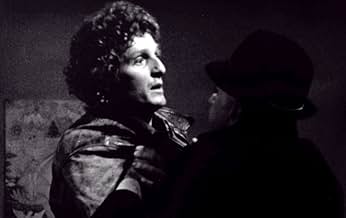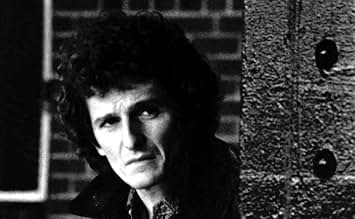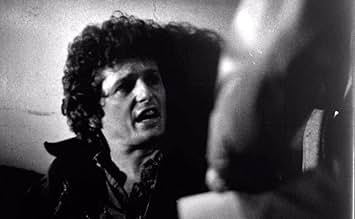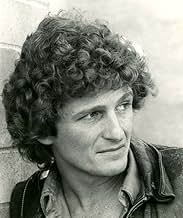A homicide detective begins to suspect that the black teenager accused of murdering two white girls is being framed by his fellow detectives.A homicide detective begins to suspect that the black teenager accused of murdering two white girls is being framed by his fellow detectives.A homicide detective begins to suspect that the black teenager accused of murdering two white girls is being framed by his fellow detectives.
- Won 2 Primetime Emmys
- 3 wins & 4 nominations total
- Jake Weinhaus
- (as Jose Ferrer)
- Director
- Writers
- All cast & crew
- Production, box office & more at IMDbPro
Featured reviews
Solid and unexpected quality
A true story
Best made-for-tv movie?
This made for TV movie is sad, since it's based on a real case.
The story begins with two young women being attacked and viciously murdered by a psycho with a knife. One was also raped.
You never see who he is and the film shows the case from the standpoint of the police department...as well as from the investigator, Lieutenant Kojack (the name was changed to 'Kojak' for the TV series). Over time, he starts to wonder if the confession was infact coerced and if the young man is being victimized. Naturally, the Department is not thrilled with Kojack's actions and they just want him to just drop his inquiry...especially the prosecutor.
If you are expecting something like "Kojak", you'll probably be disappointed. Aside from Telly Savalas and a brief scene where George Savalas plays a reporter, the cast is entirely different from the TV show. This isn't good nor bad...it's just different. And, it's generally a very good film. My only quibble is a very small one...everything looks like 1973 instead of 1963...such as clothing and hairstyles.
By the way, this film came out the same year as "Serpico"...a true film about corruption within the New York Police Department.
Saw this when first broadcast and it was engrossing!
Did you know
- TriviaAfter Telly Savalas died, the movie was shown again for the first time in nearly 20 years, this time with a short clip of Telly and the words "Dedicated to the memory of Aristotle 'Telly' Savalas 1920 - 1994" at the end of the show.
- GoofsWhen Lt. Theo Kojack drives to Lewis Humes's party, a camera shot inside his Ford Torino shows the car has a plastic, sport side-view mirror on the driver's door. When he arrives and parks to proceed to the party, the Torino now has a metal, square, chrome, side-view mirror on the driver's door.
- Quotes
[first lines]
Narrator: What you are about to see is a dramatization of one of the most controversial and bitterly debated police investigations preceding the supreme Court's landmark Miranda Decision of 1966. Name changes, compressions of time and composites of certain characters have been made in order to present this most significant story.
- ConnectionsFeatured in The 25th Annual Primetime Emmy Awards (1973)
Details
- Release date
- Country of origin
- Language
- Also known as
- Der Mordfall Marcus-Nelson
- Filming locations
- St Johns Pl and East New York Avenue, Brooklyn, New York City, New York, USA(Patrolman Stabile first finds Lewis Humes - north corner - then phones from police callbox - east corner of East New York Avenue and Strauss St.)
- Production companies
- See more company credits at IMDbPro
- Runtime
- 2h 5m(125 min)
- Sound mix
- Aspect ratio
- 1.33 : 1

